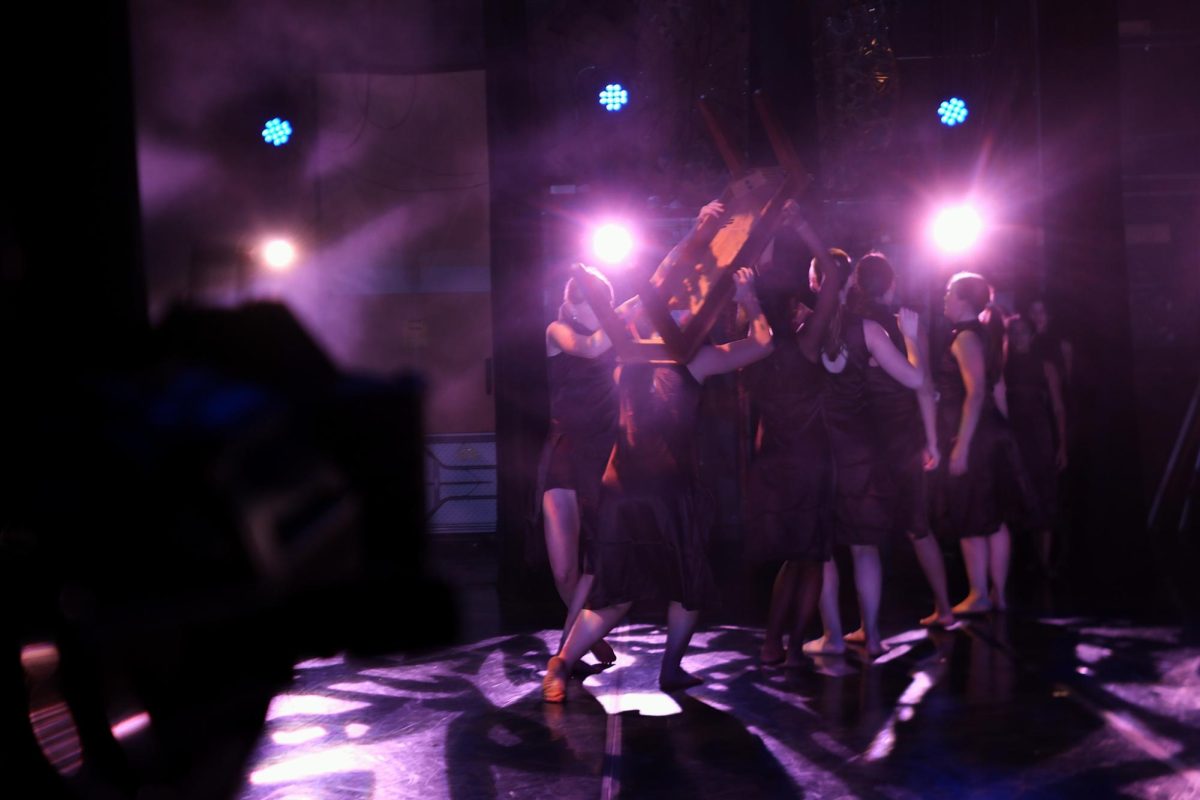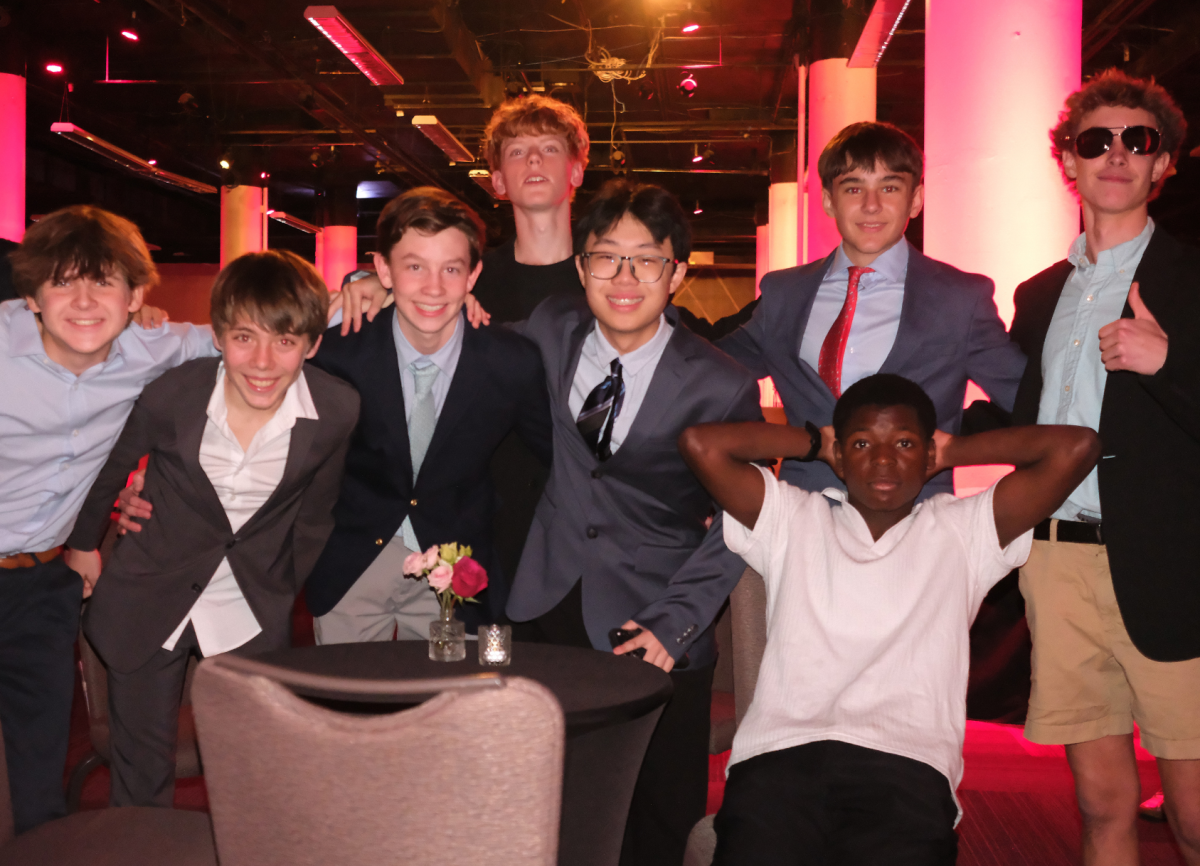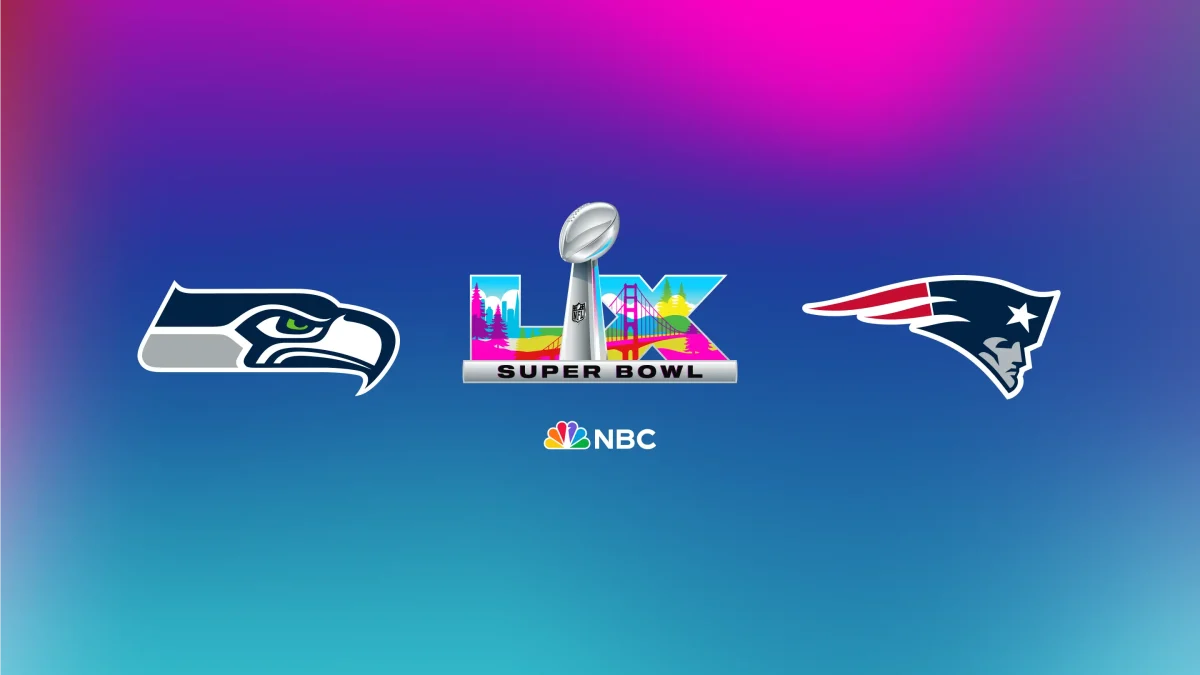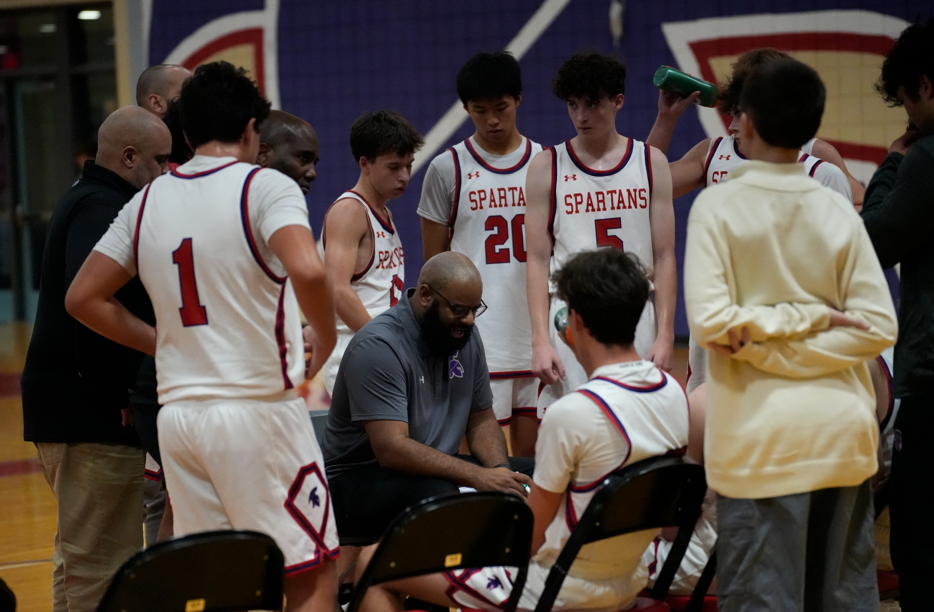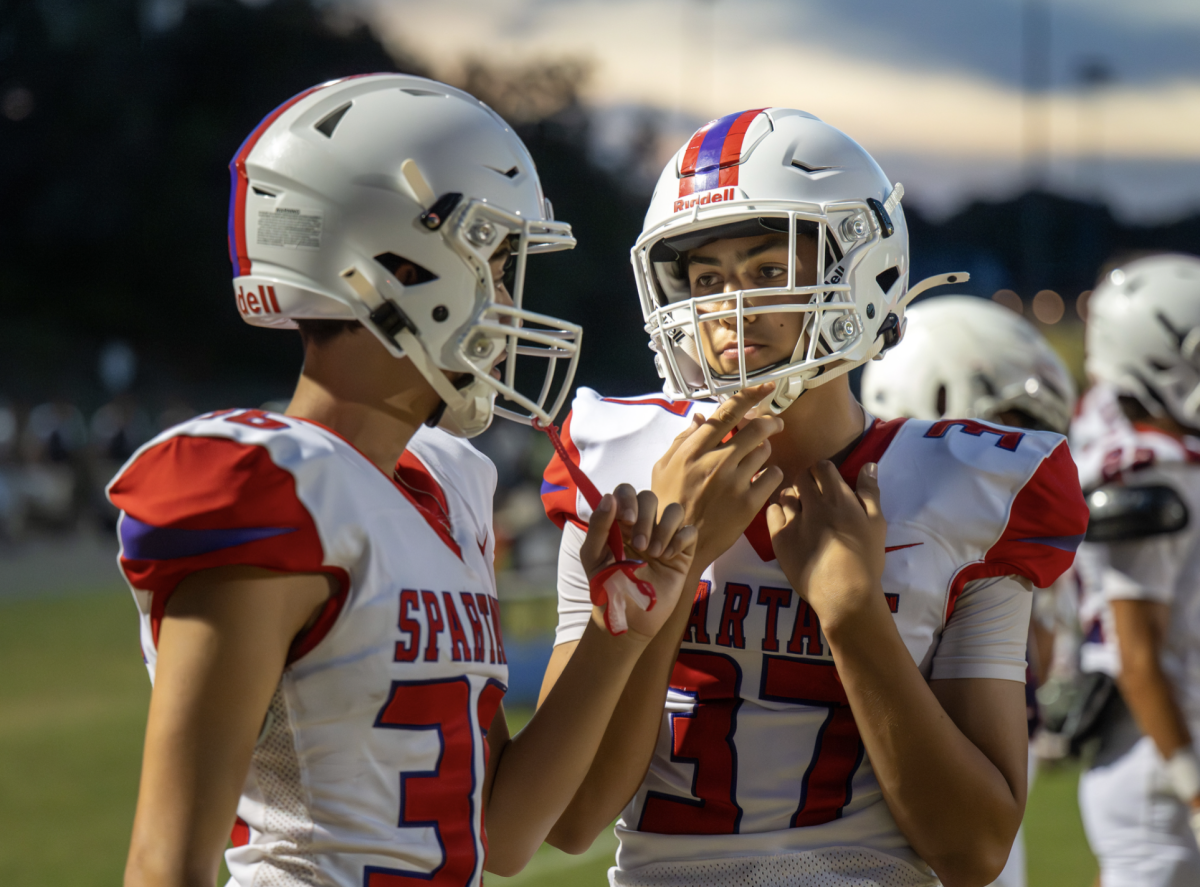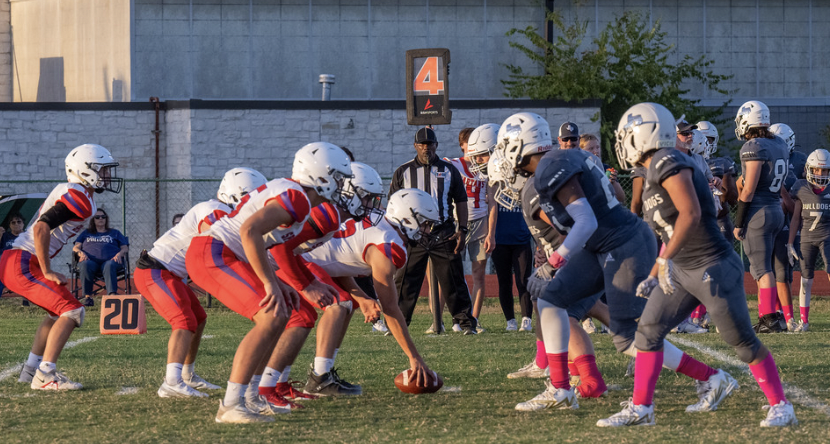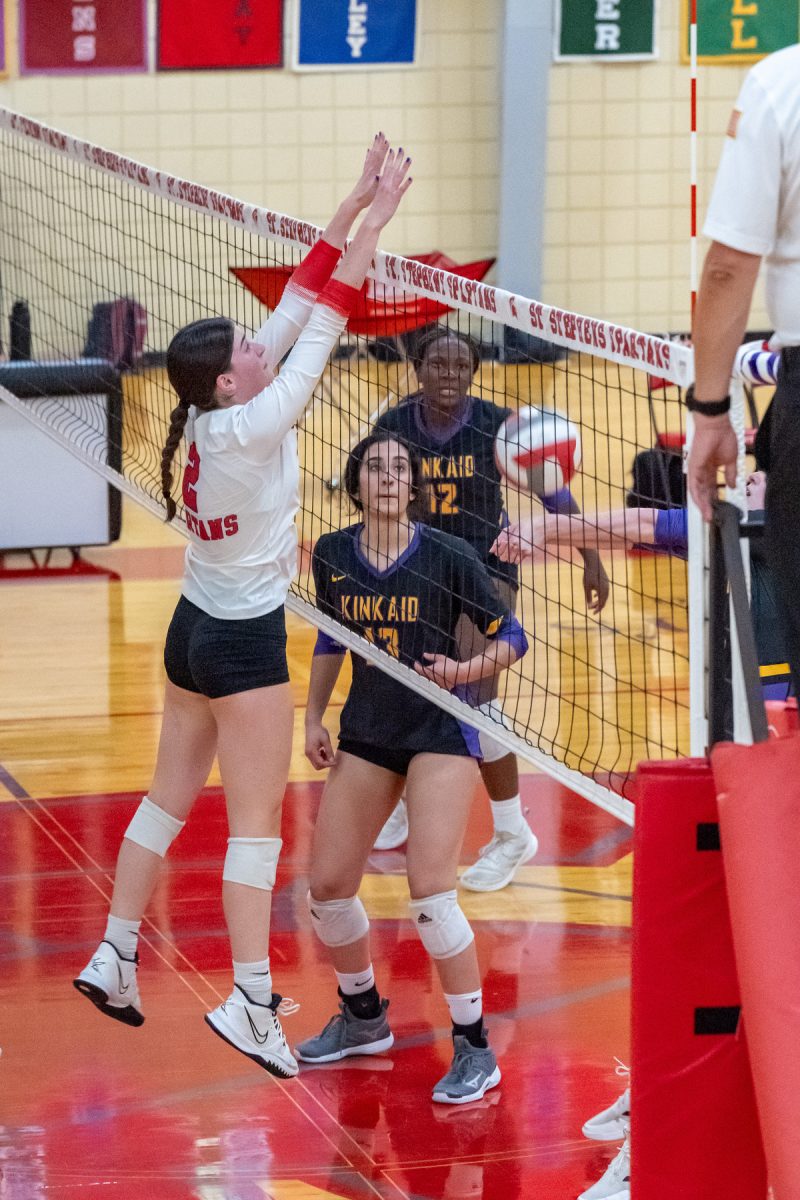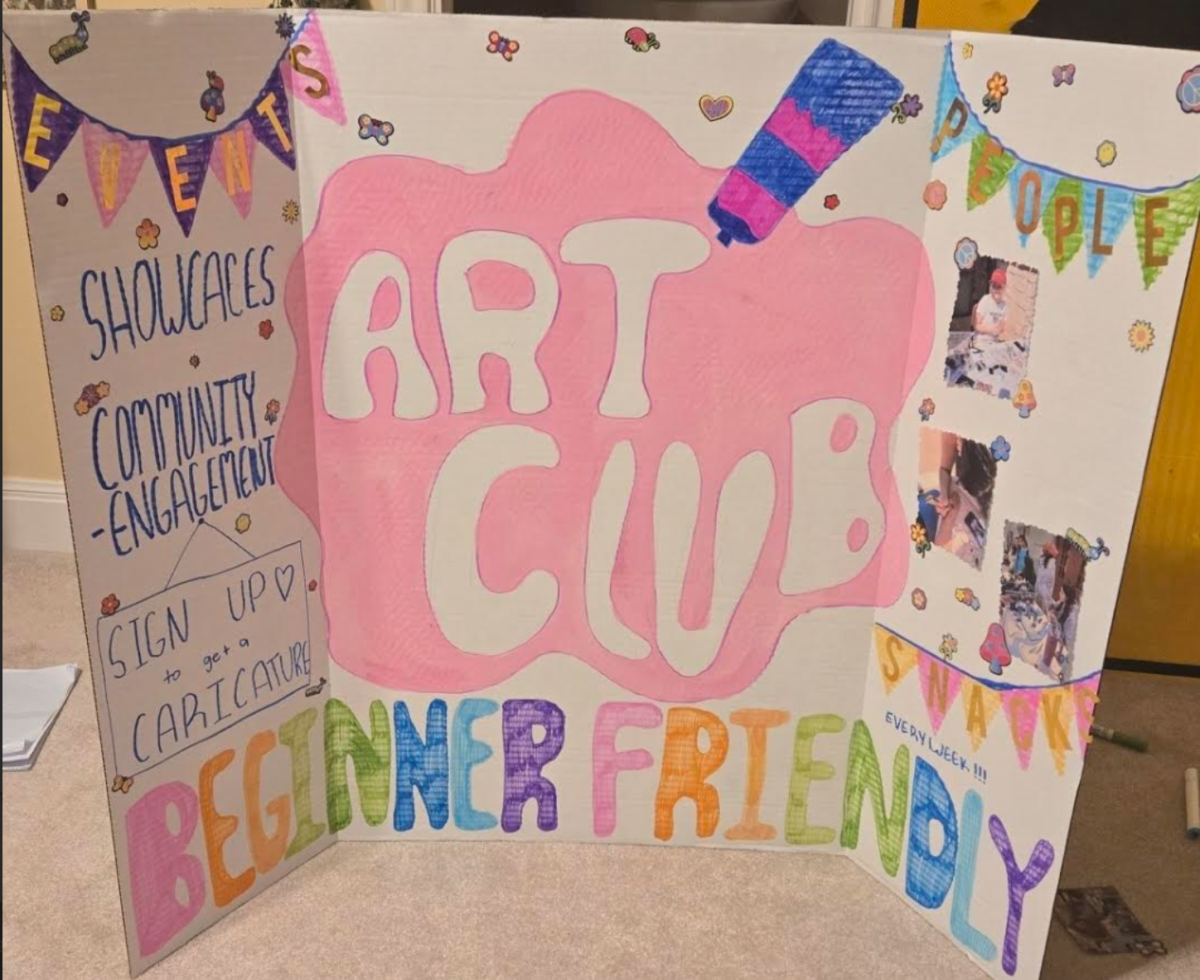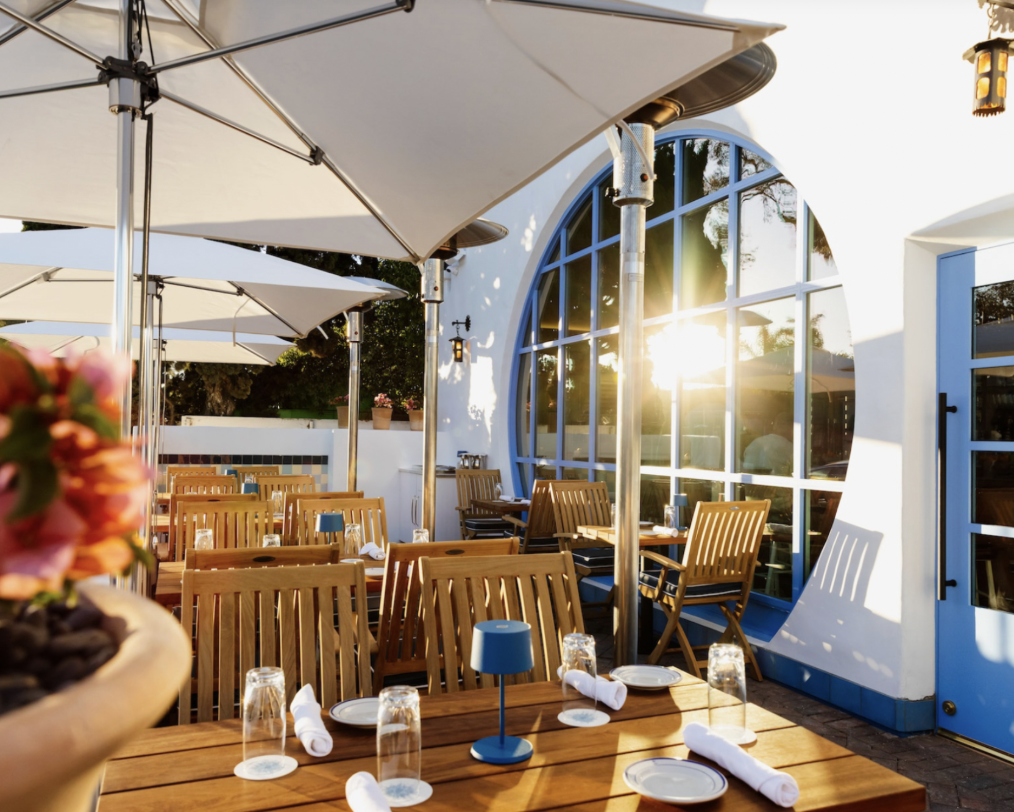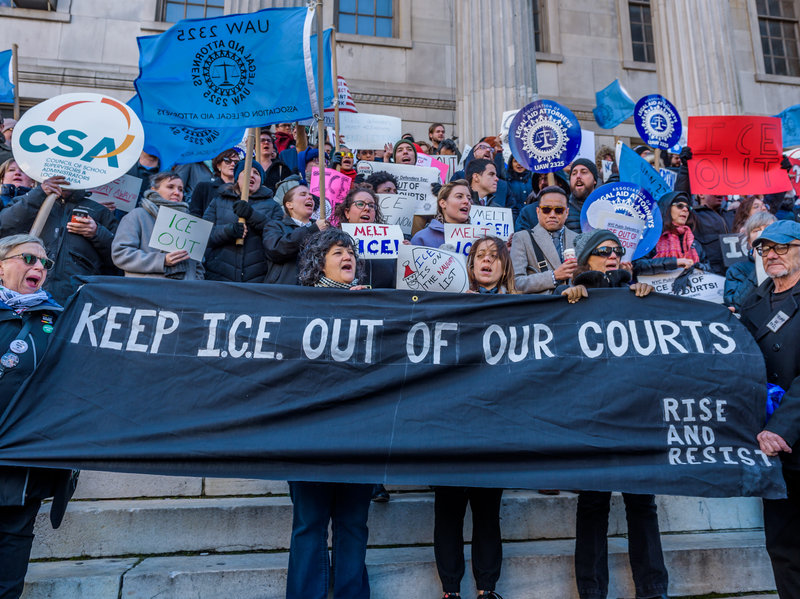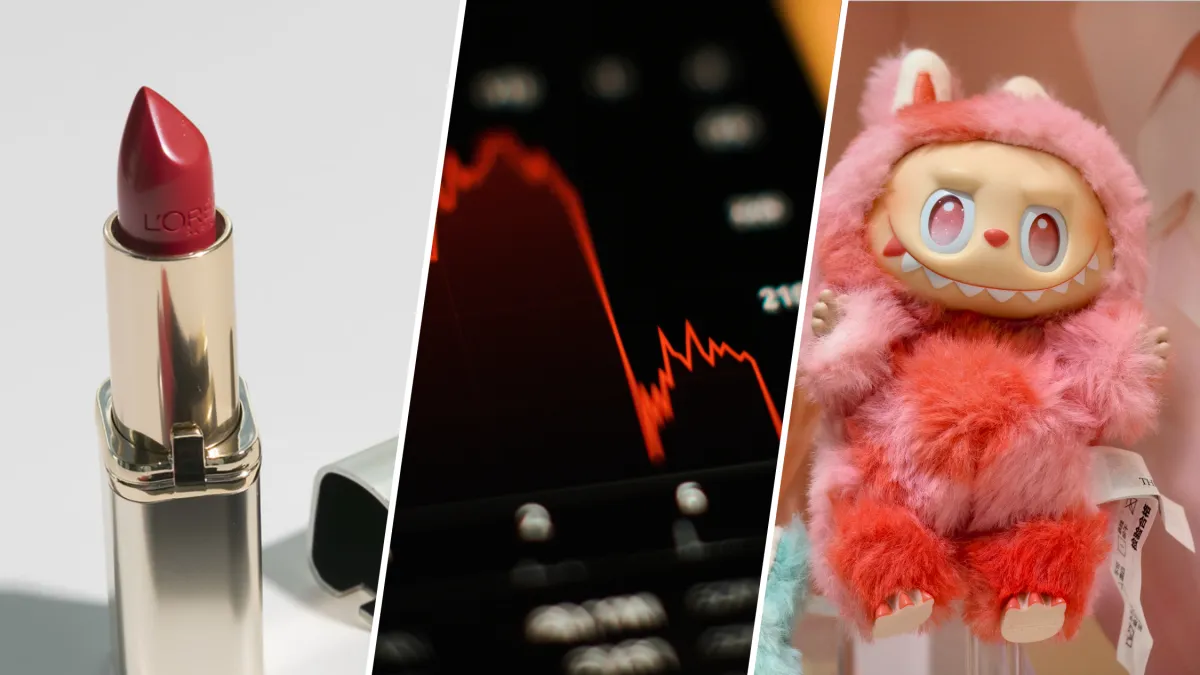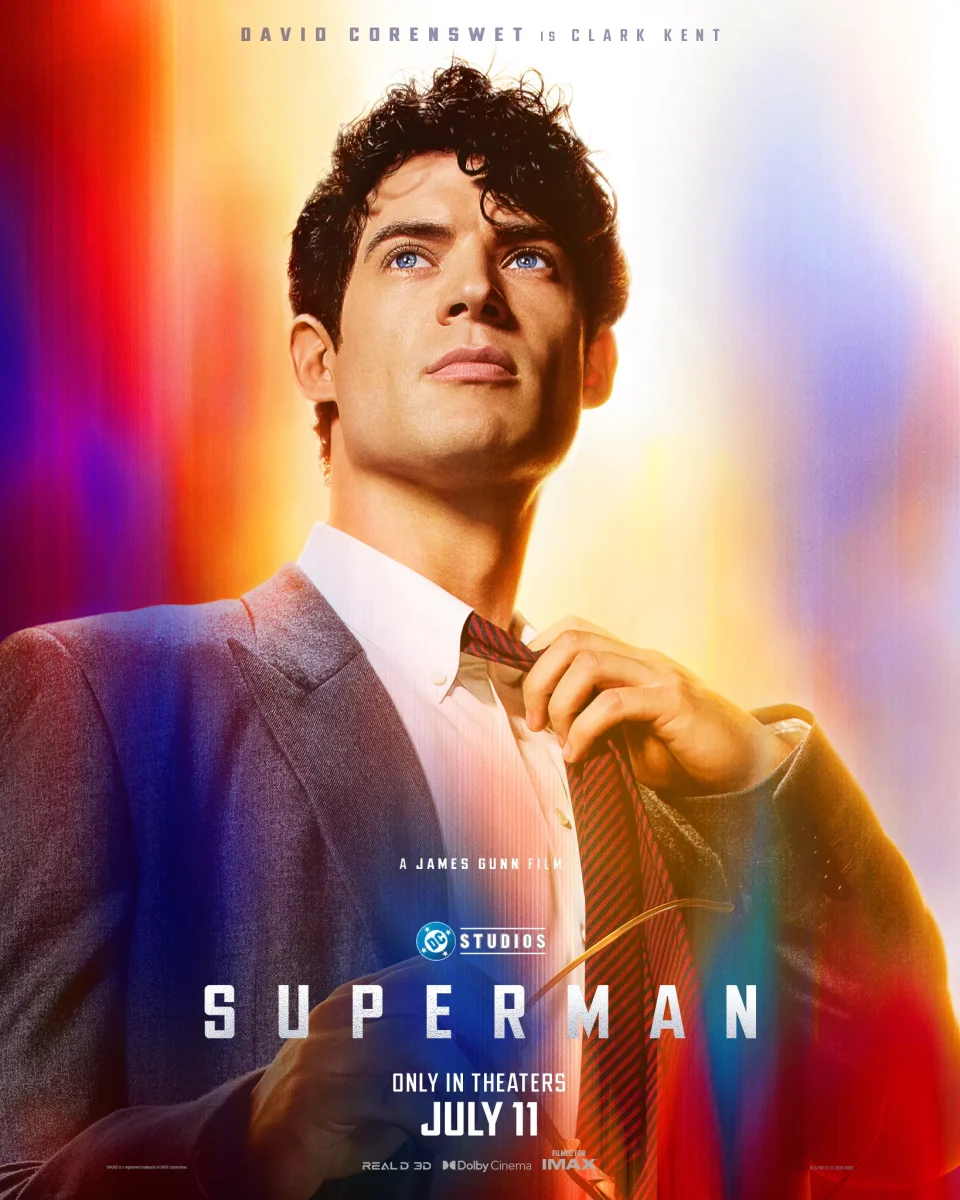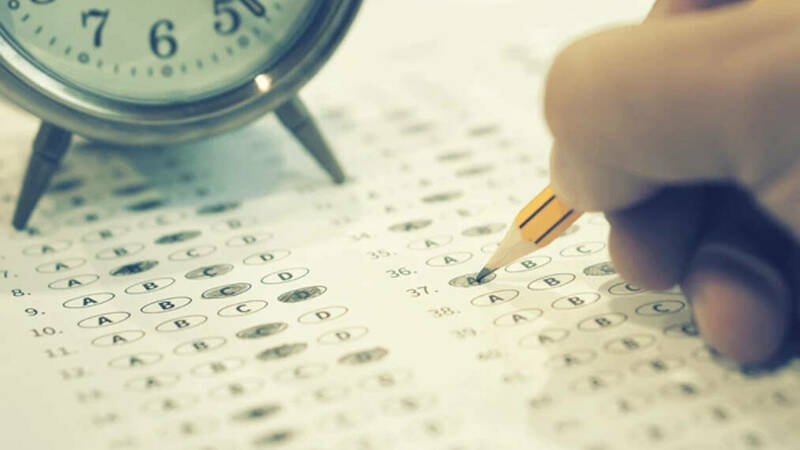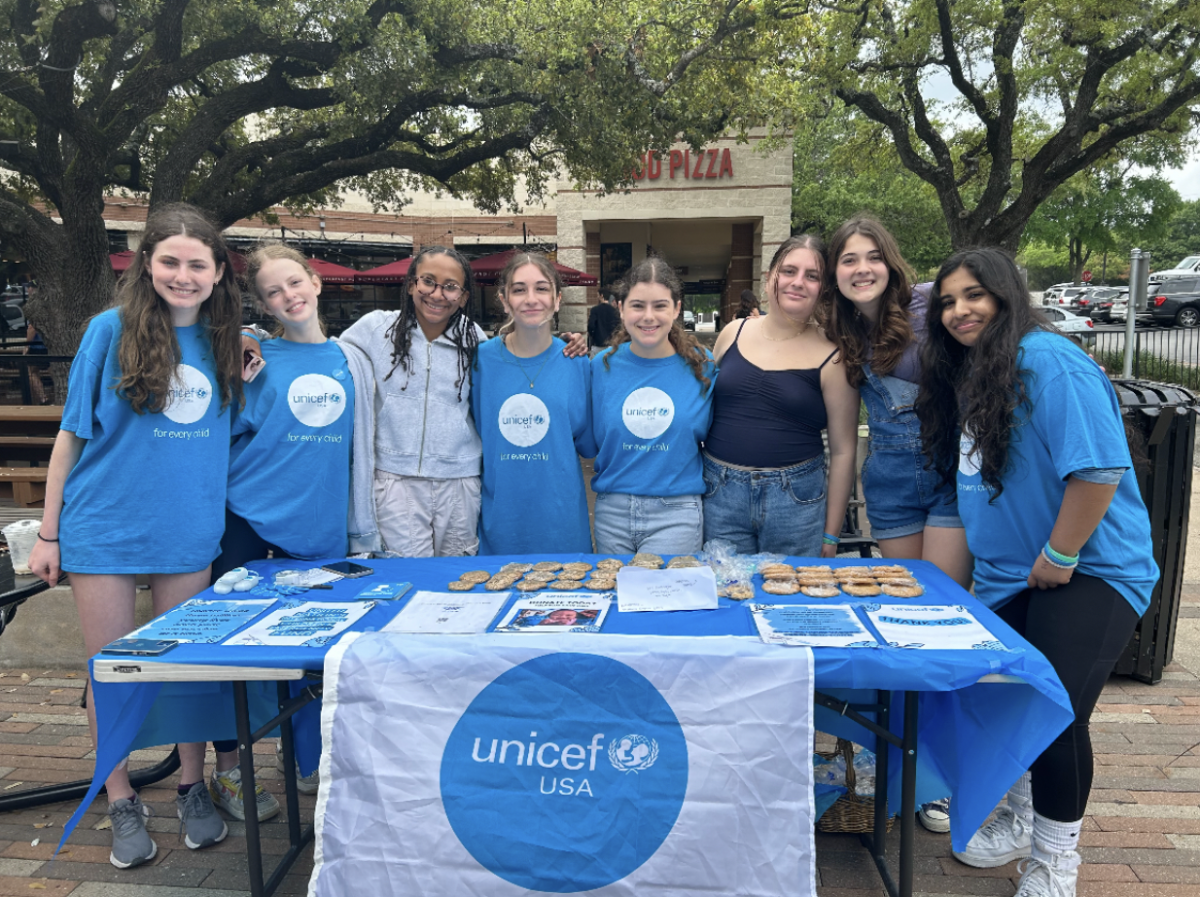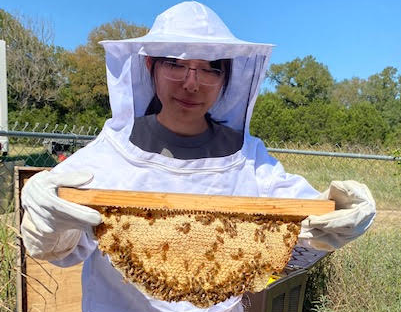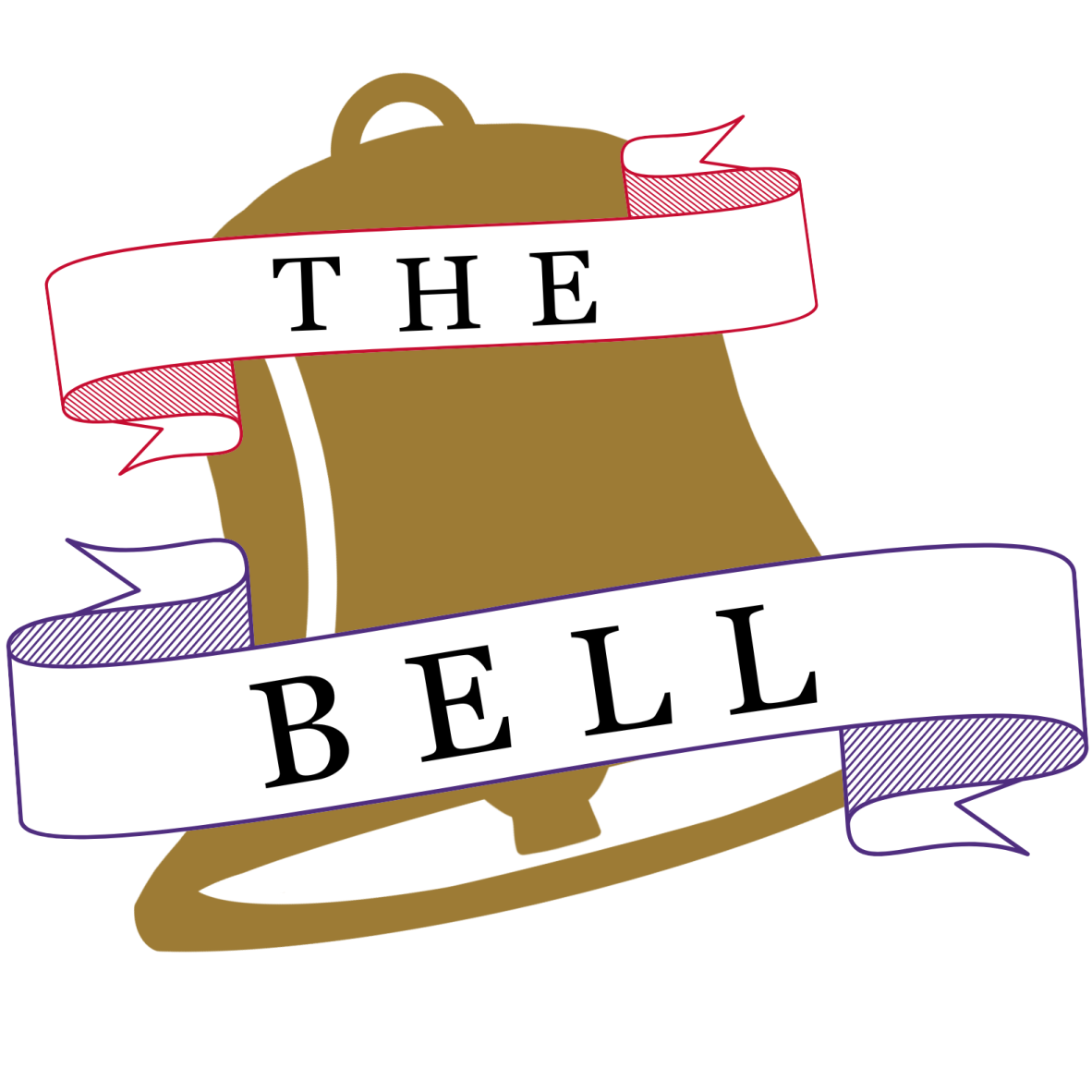Theatre Focus Profile: Leo Brainard
The following is a transcript of an interview conducted with Leo Brainard about the development of “Kick Against It,” his Theatre Focus lab show.
Q. Drag has a long and rich cultural history—how did you first get into it? What draws you to this specific art form?
Like a lot of people our age, I first discovered drag via the internet, specifically via Trixie Mattel and Katya Zamo. Two things draw me to drag. One is what draws most people to drag, that it’s just damn fun! It’s a super joyful, hilarious, beautiful art form that just brings light and sparkle to the world. The other is that it is such an interesting and unique art form that draws us to question gender, gender roles, and what we’ve been taught about those things; drag views gender as performance. And drag also views gender performance as something that can be a ton of fun!
Q. Can you explain what a Theatre Focus lab show is? When did you have the idea for a drag show?
A lab show is a student-directed project by a senior Theatre Focus student. People have done stage readings, full productions, mini-musicals, their own devised work, and so much more awesome stuff. It’s a chance for a senior to really take control and create a project that is entirely student-led. I had the idea to do a drag show last spring, when I realized I wanted to do a lab show but wasn’t sure what to do. And it hadn’t occurred to me before that moment that drag is a kind of performance and a kind of theatre, and that my lab show could be a very unique opportunity to showcase drag.
Q. Tell us a little bit about what it took to put your show up. There were some concerns regarding subject material, and I know you had to work hard to get it approved—what was that process like for you?
Oh boy. It was a lot. I’m so glad I went through the process, but I would have given up very early on if this project wasn’t so important to me and to the world. The process was a lot of very-detailed write-ups of a show I hadn’t yet figured out myself, a lot of explaining, a lot of persisting, and a lot of talking. It’s scary, trying to convince a bunch of huge authority figures that something making headlines right now is worth putting on at their Christian school. I had to explain over and over why this show was necessary, what exactly it was going to look like, and I had to fight against really intense restrictions. I also had to confront the possibility that this show could have been a big deal in a bad way. I was constantly being told and thinking about how it could go wrong. How we would make the news in an extremely negative way, how me and my friends and family might be harassed and threatened, how protestors may try and show up at the school. It was really intense. But it made me realize just how important the show was. Because the fact that any of those things were even considered as possibilities is crazy. That some people could and do go to crazy lengths because they are so afraid of people dressing up and messing with what they think is normal.
Q. Your show featured three amazing lip-sync performances of three different songs—was there any significance behind the song choices?
Certainly! By accident, all three songs were pretty intensely political. “Just A Girl” angrily protests misogyny and sexism, “Toxic Love” is intensely environmentalist, and “9 to 5” is a worker’s anthem criticizing our economic system as we know it. These are all things myself and my fellow performers are very passionate about, and these are also just some really fun songs. Plus I think it’s kind of hilarious to be a trans man in drag singing about being “just a girl.” So many layers. I think it would make a lot of Texas legislators’ heads explode.
Q. With the recent controversy and negative legislation surrounding drag, what does it mean to you to have been able to put on this show? What do you hope the student body gets out of it?
It means the world to me that I was able to put on this show. That not only was I able to showcase something I love and am very passionate about, but that I was able to show this school and everyone who attended the show what drag really is. Drag is political, drag is radical, drag is experimental, but drag is also fun. And drag is not scary unless you are scared of criticism of the world as we know it, and unless you are scared of people who don’t clearly fit into our world’s narrow boxes of “male” and “female.”
Q. Is there anything else you’d like people to know about your show or drag in general?
I’d like people to know I put a ton of work into this show. I’d like people to know how many people put a ton of work into this show. My whole cast and crew, Mr. Dolan, Mrs. Brustein, and my parents worked so hard to put this together. I’d also like people to know that drag is for everyone, and that drag can teach all of us important lessons about self-acceptance and joy. Even if it doesn’t seem like your jam (which I totally understand, drag is a LOT) I think everyone can get something really valuable out of drag.

